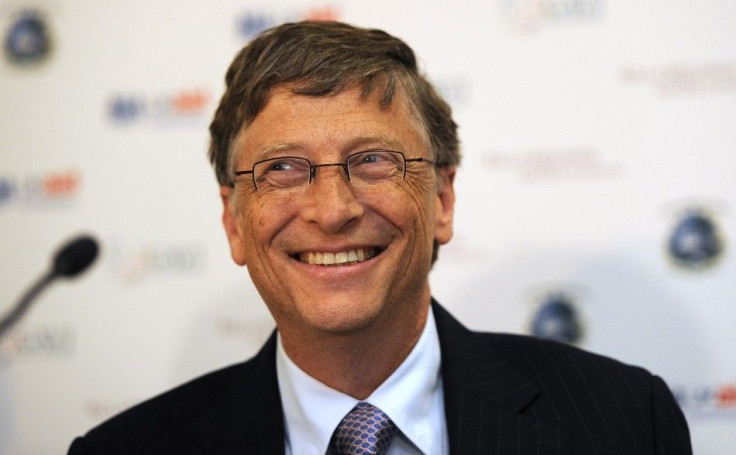Bill Gates' Plan for Saving Lives: Reinvent the Toilet

The Bill and Melinda Gates Foundation's newest public health initiative doesn't concern mosquito nets or AIDS research or access to clean water. The foundation wants a new toilet.
While toilets are ubiquitous in the developed world, 40 percent of the world's population lacks a method to flush away human waste that can lead to deadly diarrheal diseases. They were also invented in the 18th century, and could be due for an upgrade.
No innovation in the past 200 years has done more to save lives and improve health than the sanitation revolution triggered by invention of the toilet, Sylvia Mathews Burwell, president of the foundation's global development program, said in a statement. But it did not go far enough. It only reached one-third of the world. What we need are new approaches. New ideas. In short, we need to reinvent the toilet.
To that end, the foundation announced on Tuesday that it would be distributing $41.5 million in eight grants to universities that will seek to engineer a more efficient and accessible throne. Some of the ideas proposed include a solar-powered toilet, a toilet that could convert waste into electricity and a toilet that would sanitize feces.
A big part of the problem is that hooking toilets up to plumbing systems is expensive and requires infrastucture that some developing countries simply lack. But a toilet that does not neutralize waste, as happens when you flush it into a sewage system, does little to shield people from the hazards like cholera and severe diarrhea.
How much sense does it make to clean up water to drinking water standards and then flush it down with sewage in an expensive pipe system? said Frank Rijsberman, the foundation's director of water sanitation and hygiene. We think modern science and technology can produce something that is more like the cell phone of sanitation.
© Copyright IBTimes 2024. All rights reserved.











